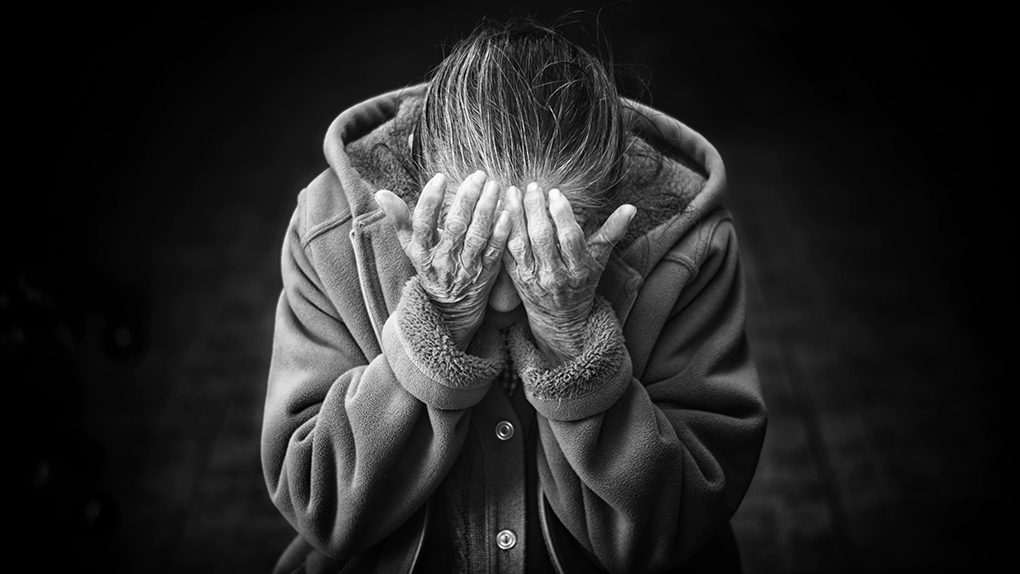Psychiatry Section Blog

The Unforgiveable Sin
March 26, 2018
By Brian Briscoe
A few weeks ago I was doing weekend rounds in a psychiatric hospital in rural Kentucky, and met with a 53 year old male patient struggling with severe treatment resistant depression. The gentleman was struggling with what appeared to be delusional guilt over the belief that he had committed 'the unforgiveable sin' of blaspheming the Holy Spirit 14 years ago. The patient's denominational background was Pentecostal. The hospital chaplain had been working with the patient for the past 7 days. Despite belief in the forgiveness of sins, the patient was convicted that there was no way that he could be forgiven for his one-time offense of having cursed at the Holy Spirit, and was doomed to go to hell no matter what. The patient had been told by numerous pastors in the past that he was forgiven, and had been counseled that it was not possible for him to have committed the unforgivable sin. However, a few pastors had told him that it was possible for him to do so, and he believed their view was correct. The patient was convinced that all other theological viewpoints regarding the matter were incorrect.
The dilemma:
Is this patient's belief that he committed the unforgivable sin:
a) psychiatric pathology – either a religious delusion (as a manifestation of delusional guilt associated with severe depression) or religious OCD/scrupulosity
or
b) a religious or cultural belief that is accepted by other members of the person's community?
Is this patient depressed because he believes he committed the unforgivable sin (and therefore doomed to go to hell), or is depression causing him to experience irrational guilt?
How would you handle a case like this? Assuming that the chaplain is still available, how would you collaborate with the chaplain to ensure optimal ‘whole-person’ care for the patient?
If you were working in a setting that did NOT have a chaplain available, and/or feel equipped and led to integrate discussion of religion and spirituality into your practice, would you discuss theological issues with this patient? If so, how would you approach the process?
As a member of our Psychiatry Section, it has been a tremendous blessing to be able to reach out to a number of you to discuss cases just like this one. To gather your thoughts about questions like the above—questions that are not completely understood by our secular colleagues. I find myself reaching out to fellow members, and subsequently blessed by the wisdom and experience that only Christians in our field have to provide. Our Psychiatry Section has and truly is a resource of support and encouragement that is not found in the secular world and unique from that which we experience in our church community.
The benefit of a group like ours is that it gives Christians in psychiatry access to a network of knowledgeable and experienced like-minded professionals. We have a mentorship program for residents in training and a community of support for members in practice. During our annual conferenceevery May we routinely host a series of 'round table discussions' that allow members to share challenging cases involving religion and spirituality. Throughout the year, members (at any level of training or practice) who find themselves facing difficult cases (involving issues of faith) can seek out the support, experience, and encouragement of fellow Psychiatry Section members by contacting our administrative assistant, Marshall Williams.
Our Facebook page offers opportunities to share ideas and resources, as well as a place for us to share stories about how we are each finding unique ways to live out our faith in and through our professional lives, and support/prayer for one another along the way.
Please consider joining us at our annual conference in New York in May, which is one of our best means of sharing fellowship and supporting one another as we seek to live out the Christian life as professionals.